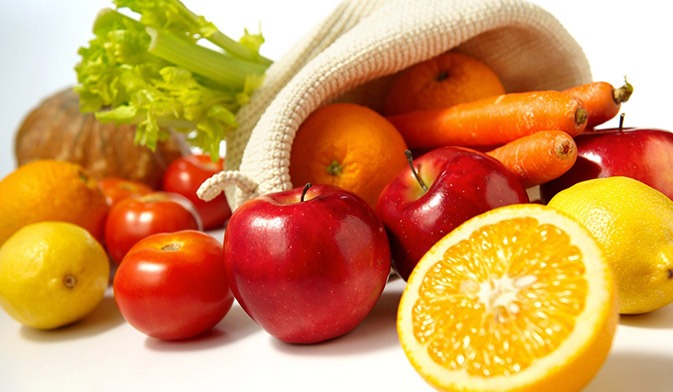The London Marathon is just 2 weeks away. These 2 weeks are crucial for putting all the right fuel into all the right places, priming the machine that is your body for that 26-mile run. We take a look at the essentials…
Make sense of carbohydrates
Carbohydrates are essential to any endurance training programme, but it is equally essential to understand how to use them. If you have the time before a run (approx 2 hours), eating a meal containing low-GL carbohydrates gives your body the time to convert that meal into usable energy. Consider oatmeal or whole grain toast with nut butter or scrambled eggs.
If you don’t have the luxury of time before a run, higher-GL carbohydrates come into play, providing a quicker fuel source. 30 minutes before training opt for a smoothie, white rice or white pasta. On a long run (1hr+) you’ll also need easily digestible, high-carb foods to take in during activity, such as energy gels or sports drinks.
Know when you are insulin sensitive
Your body will stay at its most insulin-sensitive for about 30 minutes after training, meaning your cells will be most responsive to the uptake of glucose during this time. High-GL carbs have a role to play here, as they help start the re-saturation process of your liver and muscle glucose stores (glycogen).
Pump up the protein.
Protein is essential for the repair of muscles and tendons after all that impact. Consume high-quality, lean, grass-fed animal sources. Protein powders can be used pre and post training without lowering the GL of your meals.
Factor in fats
Omega 3 fatty acids help support athletic performance and recovery by minimising inflammation. Oily fish, flaxseeds and walnuts are all rich sources.
Fruit and veg
Pay particular attention to green leafy vegetables as these contain antioxidant compounds that play a vital role in protecting cells from the oxidative damage incurred during physical activity.
Ditch the processed food
Your appetite will have surely increased with all the training you’re doing, but don’t give in to poor-quality convenience foods. Crisps, fizzy drinks and chocolate bars are low in micronutrients and fibre, which are essential for your body during your training. Healthier convenience foods include dried fruits, 9 bars and Nakd bars, all relatively high in sugar, but also high in micronutrients.
The Big Day
Prepare glycogen fuel stores by eating a low-GL meal the night before and again 2 hours before the race. Depending on how you’ve felt on practice runs, you could take an energy gel 20-30 minutes before the start time, to ensure you have plenty of glucose in your blood.
During the race, energy gels and sports drinks will help sustain your blood glucose levels. It is vital that you keep hydrated, but you might not need to drink water at every station. “Drink to thirst” as the saying goes.
Recovery
Get some high-GL carbs into your body as soon as possible after the race, to start refilling your depleted glycogen stores. Take in lots of protein to rebuild damaged muscles, extra fluids for those lost during the race, and key electrolytes such as sodium. Making homemade chicken stock is one of the best post-race foods you can eat for joints and gut health.
Lastly, get some rest. It’s not called R&R for nothing!
Paget & Coles is a nutrition clinic based in central London, specialising in sports performance and weight management. Visit www.pagetandcoles.com for more information, to book a consultation, or to subscribe to our weekly newsletter.
